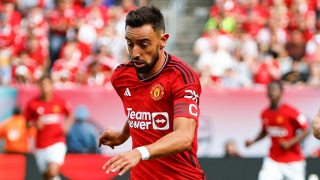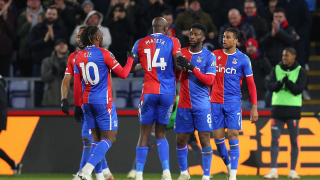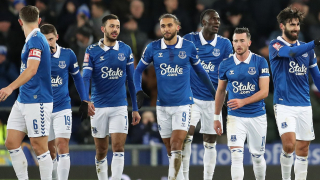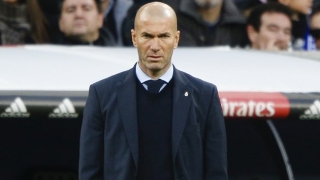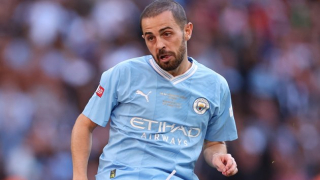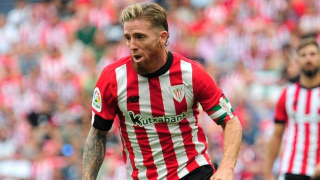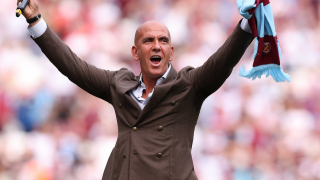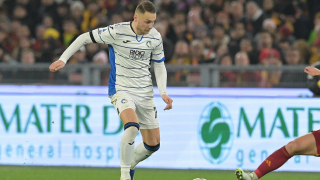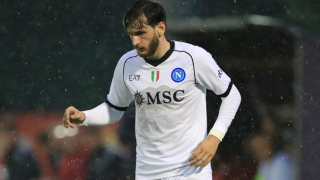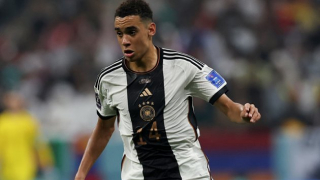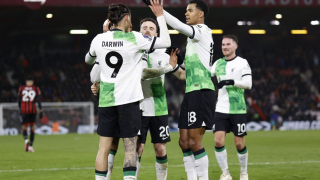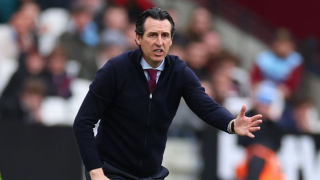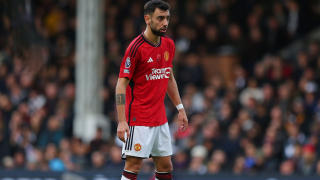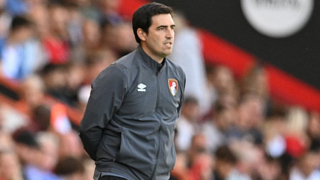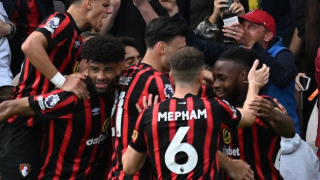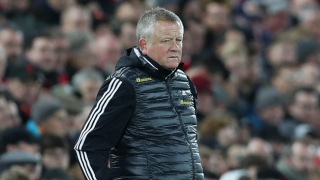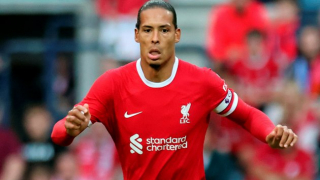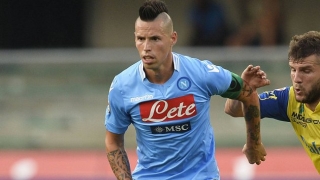No amount of education can prepare football managers for the real thing. Mikel Arteta had the best training on the planet as Pep Guardiola's protégé, filling notepads with the tactical and psychological methods of the Manchester City head coach. But it's all theory until the safety net is removed.
Arteta is in the midst of a steep learning curve. Complex tactical ideas are a vital component of modern management, but footballers aren't chess pieces, and the signs from an overly functional start to the 2020/21 season suggest Arteta is still working out how to balance this side of the job with the awkward, intangible, unscientific aspects.
Arteta, like Guardiola did when things began to turn sour at Barcelona, is learning first hand that philosophy has an indulgent quality to it; that tactical idealism is too pure for the messiness of football.
Mike Tyson once said everyone has a plan until they're punched in the face. Arsenal have been hit. They're looking dazed, and all of a sudden Arteta's perfectionist master-plan just isn't suited to the fight. It could be that the Guardiola school of thought is dying, and that obsessive possession football has become passive in the era of German gegenpressing, but more likely it is simply that Arteta is yet to learn when humility is needed; when the chaos needs to be embraced.
Tactics are not everything. Premier League football matches are a swirling mess of action and reaction, the swinging tempo as much to do with an emotional battle as a territorial one. Guardiola's biggest weakness is an occasional inability to understand this, and there is something of the Greek Tragedy in his obsessive need for control being both the source of his powers and his fatal flaw; the reason for overthinking and over-planning those late-stage Champions League nights.
Arteta may be in danger of following too closely in his footsteps. It is impossible to control every variable with tactical diagrams, and there comes a point when the need to demarcate the pitch into perfect zones, to move every player into exact positions, to control every attack and control every counter, strips a team of its creativity.
There needs to be space of chaos, for maverick runners and moments of inspiration, because even at the highest level there is too much randomness in the act of goalscoring for football to be reduced to pure strategy.
Arsenal are badly lacking that energy, with Arteta's 3-4-3 formation looking increasingly stale. The double pivot in central midfield lacks line-breaking guile and is regularly disconnected from the front three. This gives Arsenal a static shape that's easy to defend against, with the component parts too focused on functionality and organisation to abandon their post for a surge forward or a progressive pass.
Alexandre Lacazette is stuck in a rut, Pierre-Emerick Aubameyang is losing his sharpness out on the right, and Willian is more industrious than creative, which altogether leaves Arsenal without an obvious source of creativity ahead of that distant –and flat – central midfield partnership. What's more, wing-backs Hector Bellerin and Bukayo Saka rarely get support out wide, leading to a further sense of disconnect as Arsenal struggle to overload any attacking spaces.
They are trapped in a cautious chess match, and while there is an argument to be made for bringing in some of the rule-breakers – the type of player who makes space precisely by ignoring instructions and running in opposition to the expected rhythm – it seems unlikely that Mesut Ozil, Nicolas Pepe, or Dani Ceballos would change an awful lot.
This is a wider structural issue, but one that needs solving by thinking about variables other than tactics, namely confidence and a sense of freshness. Arteta needs to pick up the snow globe and give it a hard shake. Mix things up. Change the formation; deploy a totally new approach and throw the players into a different alignment. This would not be an admission of defeat, but rather that the system must always be adapting and evolving.
The team is stuck in a rut, so change it. Give the squad a reason to feel refreshed, to look at the pitch from a different angle and problem solve in a new way. Equally this would not be an admission that tactics are unimportant or have been employed incorrectly, rather that sometimes the most earnest philosopher spends too long obsessing over complexity to see the simplest of truths.
We have seen enough from Arteta over the last 11 months to be confident he will be an excellent manager, perhaps even one of the best in the world. But part of management – and the part you can only learn on the job – is recognising when to embrace that which cannot be controlled.
Arteta needs to accept that every top team needs a delicate balance of painstaking tactical organisation and individual creativity that runs in a direction contradiction to it. But more importantly, he just needs to shake things up.


